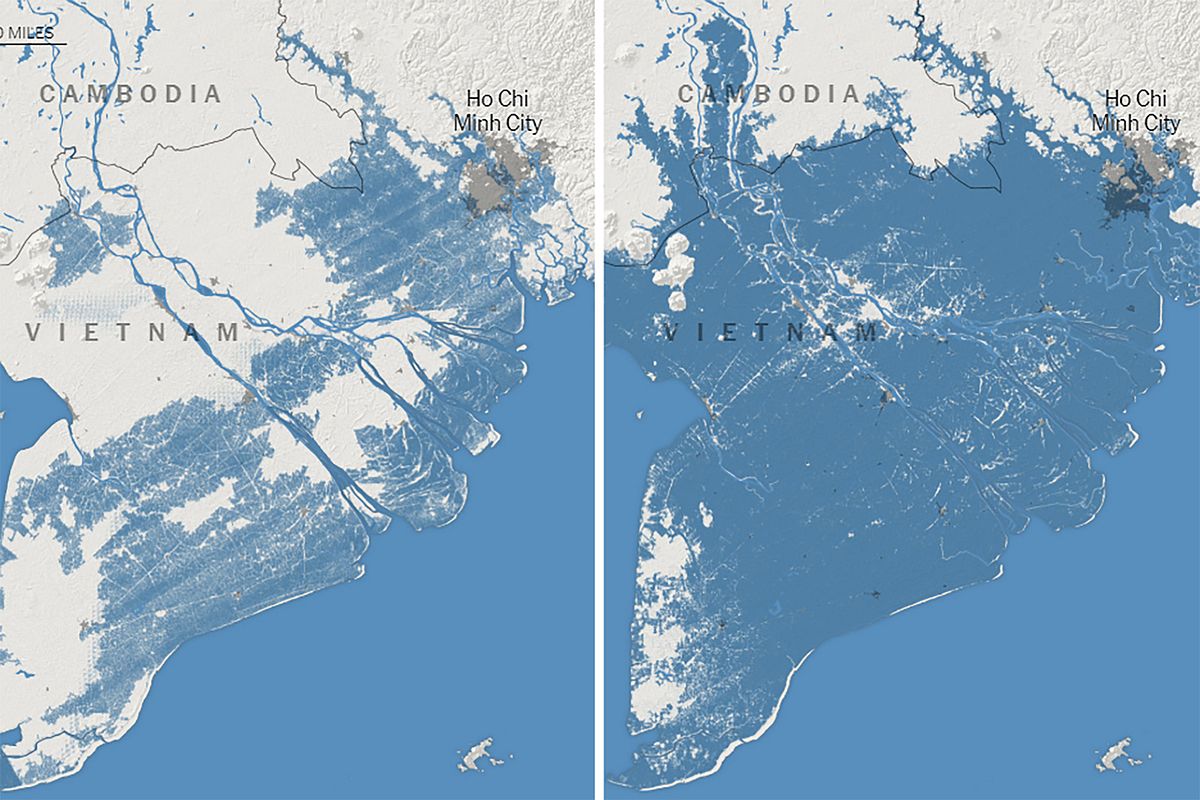At current rates of loss to poaching, rhino species will be extinct within our lifetimes. The big problem is demand for their horn from Asia. The market for rhino horn is moving from “traditional” medicine to “investment value” as jewellery and other processed artefacts in the art and antiques market, according to wildlife trade monitors TRAFFIC.
South Africa is at the centre of the problem because it has most of the rhino and because it now, against international opinion, allows legal domestic trading of rhino horn. This has led to rhino horn being worked to disguise it as jewellery and powder, and exported illegally, principally to Vietnam and China. It is getting ever harder for customs officials to recognise illegal wildlife products.
The relationship between smuggling and law enforcement is like an evolutionary arms race in nature, as each innovation by the smugglers is recognised and tackled by law enforcement, so the criminals innovate and switch strategies.
There can be a tendency to retain an old-fashioned stereotype of “the poacher” as a poor local struggling to feed his family, but the reality is that when it comes to high-value products such as rhino horn, the players are often well-organised criminal syndicates involved in other unsavoury activities. The link is unsurprising, given the illegal wildlife trafficking industry is estimated to be worth US$23 billion.
However, South Africa recently undermined efforts to reduce demand by lifting its ban on the domestic rhino horn trade. This has made life a lot more difficult for law enforcement as a legal trade sends out the message that rhino horn is valuable, and so facilitates an illegal trade. The recent release of a Thai rhino kingpin from a South African jail only six years into a 40-year sentence raises further questions of the country’s commitment to tackling wildlife crime.

Malaysia authorities seize 50 African rhino horns worth €10m. Photo by Fazry Ismail/EPA.
It’s easy to see why South African game farms would support a legal trade. Rhino horn can be harvested without having to kill the animal, many farms have stockpiles, and farms want to cash in on their stock. Based on the Asian black market value, rhino horn is estimated to be worth US$65,000 per kg. The problem is that rhino horn should not have a value, and indeed has no commercial value outside the illegal trade, driven principally by consumer demand from Asia.
It’s about people
The illegal wildlife trade hurts people as well as animals and plants. Poachers, where caught, are jailed or killed, and their families impacted. Wildlife rangers and law enforcement officers also risk their lives. Desperate people part with cash and hope to invest in false medicinal promise provided by charlatans and criminals. Ecotourism potential is eroded by biodiversity loss – with immeasurable future economic costs.
Local communities where rhino and other endangered species live are a key, yet historically often overlooked, factor influencing the sustainability of endangered wildlife populations. All too often the benefits of conservation do not go to local indigenous communities. Community empowerment and integration in wildlife conservation will improve local support and ideally reduce the need and cost of high-tech militaristic solutions.
Reducing demand
Historically, demand for rhino horn was driven by perceived (yet entirely mythical) medicinal benefits. Demand can be reduced, firstly, by ending all legal trade and therefore not giving rhino horn a value. And second, by broadening education programmes to young and old in Asia to inform that rhino horn has no medicinal value. Rhino horn is useless - except to the rhino.
Alongside this, we need to reverse the perception that ownership of rhino horn is a positive status symbol. Society needs to value the live rhino in the wild more than its horn, and rhino horn products should be viewed as a badge of shame, not of honour. As conservation biologist Ian Redmond puts it: “Far from being a status-enhancing display, use of rhino horn and ivory now says ‘I support organised crime’.”
This sort of culture shift requires not only education in the classroom through teachers, but beyond the traditional education system. For instance, TRAFFIC targeted businesses in a three-year demand reduction project in Vietnam, while film star Jackie Chan is facilitating social change across Asia:
Demand for the product, even with perceived “traditional” motivation, can be reduced: demand for rhino horn dagger-handles from Yemen in the 1970s and 80s, for instance, was effectively closed. We need to do the same again – tackling whatever consumer market stands to gain from rhino horn. However, a hot-off-the-press TRAFFIC report highlights that demand reduction programmes must improve and be evidence-based and targeted in order to be effective.
Endgame
Biodiversity is a global good, and when a species is gone, it is gone forever. The quagga, Tasmanian tiger, passenger pigeon, great auk, dodo, giant tortoises and giant birds – all hunted to extinction. Everyone has a responsibility to contribute to ensuring the rhino does not go the same way. At its simplest, do not support the illegal wildlife trade: do not buy, report suspicions, and spread the word that ownership of rhino horn, elephant ivory, pangolin scales, and other illicit wildlife products is unacceptable.
The link between wildlife crime and legal trade has serious implications for conservation. We need to get the message across that consumption and use of rhino horn and illegal wildlife products are bad news for everybody – not just the animals.
This article was originally published in The Conversation. Read the original article here.
[Top image/CC BY]















